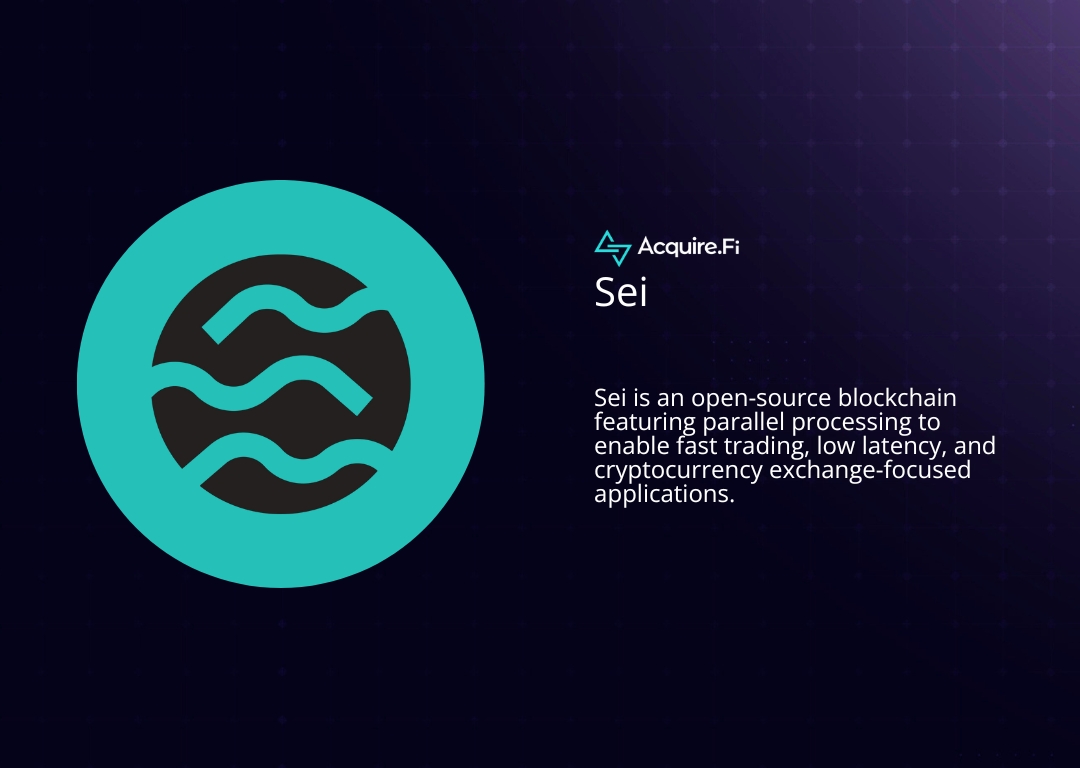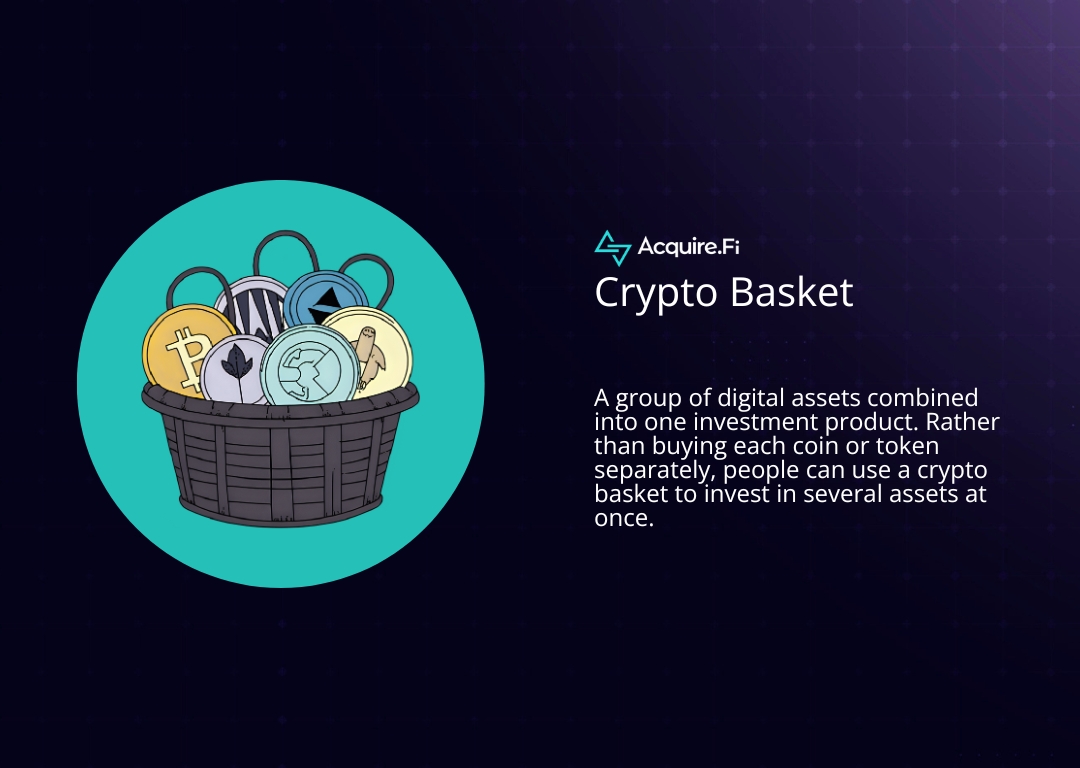Zelgor Acquires Mixie AI in a Strategic Push into Web3 Gaming
Zelgor has made a bold move to expand its footprint in Web3 by acquiring Mixie AI. The deal, announced on June 9, aims to strengthen Zelgor’s transition from a traditional game studio to a platform that supports decentralized content creation, distribution, and monetization. By integrating Mixie’s development platform and blockchain-enabled media network, Zelgor can support both game creators and players in a decentralized environment. The combination gives it the tools to distribute content, empower user-generated games, and tap into new monetization models without needing to build everything from scratch.
About Zelgor and Mixie AI
Zelgor is an interactive entertainment studio dedicated to creating community-driven, immersive gaming experiences. Initially known for its quirky alien strategy franchise, Mob Wars, Zelgor has evolved into a more ambitious player aiming to combine traditional gaming design with the power of blockchain and creator economies. The company is based in Cambridge and is a portfolio company of Netcapital Inc.
Mixie AI operates at the intersection of artificial intelligence, no-code development, and blockchain gaming. It enables anyone to design, publish, and monetize Web3 games using intuitive drag-and-drop tools. Developers can promote and scale their games through Mixie AI’s vast, Web3-Native media distribution network, which delivers over 100 million monthly impressions. Mixie also supports token launches and project acceleration, making it a full-stack launchpad for Web3 creators.
What Mixie AI Brings to Zelgor
Mixie AI significantly enhances Zelgor’s capabilities by adding critical infrastructure for creator enablement, distribution, and monetization. The platform includes:
- AI-enhanced no-code tools: Enable creators to build Web3-integrated games without technical expertise, dramatically reducing time to market.
- Media network with over 100 million monthly impressions: This expansion increases Zelgor’s marketing reach and enables developers to bypass ad platforms that often restrict blockchain content, providing direct access to crypto-native audiences.
- Built-in token launch and monetization systems: Includes NFT and utility token integration, reward mechanics, and player-owned economies, all supported by Netcapital’s secure and compliant infrastructure.
- Creator accelerator program: Supports early-stage blockchain games from concept to scale with go-to-market guidance, funding access, and community-building tools.
- Discovery and distribution infrastructure: Acts as a Web3 publishing engine to solve one of the space’s biggest challenges, which is visibility. Mixie helps new projects get discovered without relying on traditional Web2 channels.
Zelgor gains not only development speed but also a gateway to engage thousands of new creators and communities without relying solely on in-house resources. By integrating Mixie’s full-stack platform, Zelgor can now support the entire lifecycle of a Web3 game, from creation and launch to growth and monetization.
Strategic Ecosystem Building
Zelgor isn’t just developing games; it’s building an ecosystem. The company’s April 2025 acquisition of Spellbook Studio, an indie MMO developer with an existing player base, provided it with a ready-made content pipeline and an active community. That deal laid the groundwork for platform-driven growth. With Mixie AI, Zelgor adds the technical and promotional infrastructure to complement its content. This gives the company the ability to:
- Launch and support third-party games built on its ecosystem
- Establish creator-led revenue models, with tokenization at the core
- Drive user acquisition through Mixie’s massive media footprint
- Attract developers and players with low-friction onboarding tools and robust support
The strategic sequence is precise: acquire a game studio (Spellbook), then add tools (Mixie) that let others build and scale. This dual-track strategy allows Zelgor to own the ecosystem, not just its content.
Backed by Industry Leaders
Zelgor's ambitions are reinforced by a network of respected backers and industry leaders who possess extensive knowledge of both traditional and blockchain-based gaming. Key supporters include:
- Tim Draper (Draper Associates), one of the earliest and most influential venture capitalists in tech and crypto
- Kai Huang, co-creator of Guitar Hero, brings deep experience in gamification and commercial scaling
- Shawn Fanning, co-founder of Napster, with expertise in disruptive tech and user-driven networks
- A talented team of former developers from The Sims, BioShock Infinite, and Dungeons & Dragons Online
This backing not only boosts Zelgor’s credibility but also provides it with access to world-class expertise in IP development, platform design, and emerging tech ecosystems. It’s a rare mix of creative, financial, and technical leadership that strengthens the company’s long-term position.
What’s Next for Zelgor?
With both content (via Spellbook Studio) and infrastructure (via Mixie AI) under its control, Zelgor is now poised to:
- Onboard third-party developers, giving them access to Mixie’s no-code platform and token tools.
- Launch its own first-party Web3 titles more efficiently with internal tools.
- Introduce a new game publishing model, where creators launch games directly inside the Zelgor ecosystem.
- Roll out cross-title token economies, where assets and value transfer between games.
- Leverage Netcapital’s regulated framework to bring compliant tokenized games to broader audiences, including institutions and investors.
This combination of control and openness enables Zelgor to scale not just through development but also through network effects, growing by empowering others to build upon its foundation.
Industry Context: A Shift Toward Infrastructure Ownership
The Web3 gaming space is increasingly defined by ecosystem control. Studios are no longer focused solely on content or user growth; they’re acquiring development engines, creator platforms, and monetization layers. This type of vertical consolidation reflects a growing trend in Web3 gaming, where success increasingly depends on owning the tools and infrastructure behind the scenes, rather than merely acquiring users.
At Acquire.Fi, we've seen a rise in deals focused on long-term platform control. More companies are investing in ecosystems that enable them to scale faster, support creators more effectively, and overcome the limitations of organic growth. It’s a strategic shift that demonstrates how smaller players can still make a significant impact in a competitive space.











.webp)